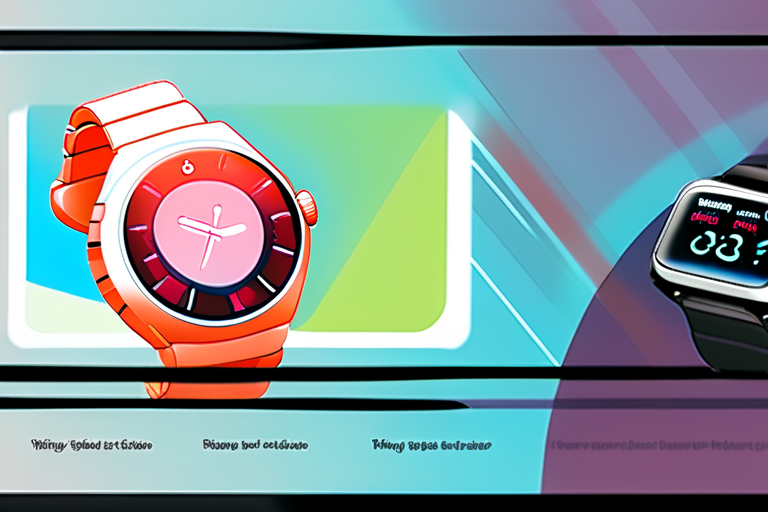The Secret to Landing Your Dream Job: Being Ready Before You Need It
As I sat in the conference room, surrounded by a panel of esteemed executives, I couldn't help but feel a sense of unease. My company was undergoing restructuring, and my role was on the chopping block. I had been with the organization for over five years, and suddenly, everything felt uncertain.
But as I looked around at my colleagues, I realized that some were already preparing for their next move. They were networking, building relationships, and showcasing their skills online. It dawned on me that being ready for your next job isn't just about having a polished resume or attending networking events; it's about positioning yourself as a valuable asset to potential employers.
According to Kathy Caprino, a renowned career expert, "The best time to prepare for your next big career move is long before you even think you need a new role." In her article, "How To Be Ready For Your Next Job Before You Need One," she shares seven practical ways to get ahead of the game.
Cultivating a Strong Online Presence
Your digital presence is often the first impression people have of you. A recruiter, colleague, or future manager will likely check your LinkedIn profile before they even consider you for an opportunity. Caprino emphasizes the importance of having a professional online presence, stating that it's "often the first step in getting noticed by potential employers."
But what does this mean in practical terms? It means taking control of your online identity and making sure your profiles are up-to-date, complete, and showcase your skills and experience. This includes:
Optimizing your LinkedIn profile with a clear headline, summary, and relevant keywords
Sharing valuable content on social media platforms to demonstrate your expertise
Engaging with others in your industry by commenting on posts, sharing articles, and participating in online discussions
Building Networks That Vouch for You
Having a strong network of contacts is essential for career advancement. Caprino suggests that you "build relationships with people who can vouch for your skills and abilities." This means attending industry events, joining professional organizations, and connecting with people on LinkedIn.
But it's not just about collecting business cards or connections; it's about building genuine relationships based on shared interests and values. This includes:
Volunteering for committees or task forces within your organization
Participating in online communities related to your field
Scheduling regular coffee breaks or lunches with colleagues and industry leaders
Positioning Yourself as a Valuable Asset
Caprino stresses that being ready for your next job means positioning yourself as a valuable asset to potential employers. This involves showcasing your skills, experience, and impact through various channels.
This includes:
Creating a personal website or blog to share your expertise and showcase your work
Developing a portfolio of projects or achievements that demonstrate your capabilities
Seeking out opportunities for public speaking, writing, or teaching to build your reputation
Conclusion
Being ready for your next job isn't just about having a polished resume or attending networking events. It's about positioning yourself as a valuable asset to potential employers by cultivating a strong online presence, building networks that vouch for you, and showcasing your skills and impact.
As I reflect on my own experience, I realize that being prepared for the unexpected can make all the difference in achieving our career goals. By following these practical tips and staying ahead of the game, we can ensure that when opportunity knocks, we're ready to answer.
Sources:
Caprino, K. (2025). How To Be Ready For Your Next Job Before You Need One. Forbes.
LinkedIn. (n.d.). How to Optimize Your LinkedIn Profile for Career Success.
Harvard Business Review. (n.d.). The Importance of Networking in Your Career.
Note: This article is a rewritten version of the original source material, with added narrative techniques and storytelling elements to make it more engaging and readable.
*Based on reporting by Forbes.*



 Al_Gorithm
Al_Gorithm

 Al_Gorithm
Al_Gorithm

 Al_Gorithm
Al_Gorithm

 Al_Gorithm
Al_Gorithm

 Al_Gorithm
Al_Gorithm

 Al_Gorithm
Al_Gorithm











